National CBD Day: Why Millions Are Making the Switch

Every August 8, National CBD Day shines a spotlight on one of the fastest-growing trends in wellness.
What was once considered an alternative option is now a major player in everyday routines, with the U.S. CBD consumer health market valued at nearly $9 billion in 2024 and projected to reach over $34 billion by 2034. That kind of growth signals a growing interest in what CBD can actually do for your body and mind.
If you’ve been curious about why so many people are turning to CBD, or wondering if it’s worth adding to your own routine, now’s the perfect time to look past the buzz and into the real science. The research is mounting, and what it reveals about CBD’s therapeutic potential might surprise you.
Key Takeaways
-
CBD use in the U.S. is rapidly expanding, with the market expected to grow from $9 billion in 2024 to $34 billion by 2034.
-
The 2018 Farm Bill legalized hemp-derived CBD, shifting both public opinion and product availability.
-
Studies suggest CBD can reduce anxiety, with clinical trials showing significant improvements in as little as one week.
-
Research indicates CBD may reduce chronic pain and inflammation, with reported pain reductions between 42 and 66 percent.
-
CBD appears to support better sleep quality, with studies showing improved non-REM cycles and reduced stress levels.
-
Product quality varies widely, so third-party testing and clear cannabinoid labeling are critical for safety and dosing.
-
Visit Mellow Fellow to find CBD blends crafted with pharmacist-formulated precision for calm, recovery, and better sleep.
The Evolution from Stigma to Science
For decades, CBD was overshadowed by THC and often lumped into the same category during the broader war on cannabis. Its reputation began to shift after the 2018 Farm Bill legalized hemp-derived CBD products containing less than 0.3% THC.
This single policy change turned CBD from a controlled substance into an ingredient you can now find in everything from wellness shops to major grocery stores.
The shift was not only legal but cultural. Recent survey data shows that 60% of U.S. adults either currently use or have tried a CBD product, with interest spanning every demographic from competitive athletes to older adults managing daily wellness.
CBD is now infused into post-workout recovery drinks, skincare products, and even pet supplements. But the most significant change is happening in research labs, where scientists are uncovering how this cannabinoid interacts with the body.
If you are new to CBD, being familiar with common myths about it can help you separate fact from marketing hype and make informed decisions about its potential benefits.
What the Latest Research Actually Shows
There is a mounting body of evidence that shows that CBD has great therapeutic potential for anxiety, pain, inflammation, and sleep quality. Let’s find out why so many people are interested in National CBD Day and what it means.
CBD for Anxiety
Anxiety disorders affect millions of people every year, and many are looking for natural options to manage their symptoms. CBD has quickly become one of the most talked-about alternatives, and research is starting to explain why.
Evidence From Clinical Trials
A 2022 clinical trial published in Communications Medicine tested a full-spectrum, high-CBD extract in adults with moderate to severe anxiety.
Participants took the CBD extract daily for four weeks, and by the end of the study, anxiety scores dropped significantly. Most people reported noticeable relief within the first week.
Improvements in sleep, mood, and overall quality of life were also observed, and side effects were minimal, with mild fatigue and dry mouth being the most common.
Insights From User Surveys
Surveys of CBD users support these clinical findings. A 2021 study in the Journal of Cannabis Research found that over 40% of respondents used CBD specifically for anxiety, and many rated it as effective in easing their symptoms.
A 2024 cross-sectional study in Frontiers in Psychiatry reported similar results, with nearly 41% citing anxiety relief as their main reason for taking CBD. Around 70% of respondents in that study said CBD improved their overall mental well-being.
Research on Specific Anxiety Disorders
Controlled trials have also looked at CBD for particular conditions, such as social anxiety disorder. Research published on ScienceDirect in 2024 found that doses of around 300 to 400 milligrams significantly reduced anxiety in stressful social situations.
The Takeaway
While the results are encouraging, experts emphasize the need for larger, long-term studies to confirm these effects and determine optimal dosing. Even so, early data suggests CBD may offer meaningful support for people managing anxiety without the intoxicating effects of THC.
We've seen this translate directly to product development. Blends designed for calm or tranquility often incorporate CBD alongside other cannabinoids, creating what researchers call the "entourage effect" where compounds work synergistically for enhanced benefits.
Products like our Tranquility Blend and formulations that address anxiety through targeted cannabinoid combinations showcase this approach. A fan-favorite for achieving a calm state of mind while enjoying a flavor-rich strain is our Live Resin Lemon Cherry Gelato Disposable - part of the Tranquility Blend lineup.
CBD for Pain and Inflammation
Chronic pain and inflammation are two of the most common reasons people turn to CBD. Unlike THC, CBD does not cause a high, which makes it appealing for those looking for relief without intoxication. Research is growing, and while scientists are still uncovering exactly how CBD works, early findings are promising.
How CBD Works in the Body
CBD interacts with the body’s endocannabinoid system, a network that helps regulate pain and immune responses.
Studies suggest that CBD can influence CB1 and CB2 receptors involved in pain signaling and reduce the release of inflammatory molecules. This dual action could explain why some people report relief from both discomfort and swelling after using CBD products.
Evidence From Research
A systematic review published in Pain Management Nursing in 2024 examined 15 studies on CBD for chronic pain. Most of these studies reported meaningful improvements, with pain reductions ranging from 42 to 66% in participants using CBD alone or in combination with THC.
While some studies found mixed results, the majority pointed to CBD as a potentially valuable tool for managing ongoing discomfort.
Similar findings were reflected in a 2021 survey published in the Journal of Pain Research. Among 253 people attending pain clinics, 62% had tried CBD, and 59% said it helped reduce their pain. Even more notable, 68% reported being able to cut back on other pain medications, including opioids, after adding CBD to their routine.
Inflammation and Broader Implications
CBD’s anti-inflammatory effects have also been highlighted in research on neuroinflammation and immune response, such as findings summarized in the Journal of Affective Disorders Reports in 2023.
These studies suggest CBD may reduce inflammatory activity in the nervous system, which is significant for conditions where inflammation plays a major role in ongoing discomfort.
What This Means for Everyday Use
While more high-quality, long-term studies are still needed, the evidence so far indicates that CBD may help manage pain and inflammation for a wide range of people. Topical products like creams and balms are often used for targeted relief, while tinctures and capsules may offer broader support for ongoing pain.
The Recover Blend illustrates how CBD can be combined with other cannabinoids for enhanced recovery benefits, while our discussion of the best cannabinoids for inflammation and pain relief provides deeper insights into targeted formulations. If you’re looking for something to help manage pain and inflammation, our Recover Blend Live Resin Jungle Cake Vape is a good place to start.
CBD for Better Sleep Quality
Sleep problems are one of the most common reasons people try CBD. Many users report feeling calmer and falling asleep faster after taking it, and studies are starting to explain why.
CBD interacts with the endocannabinoid system, which influences sleep cycles, stress responses, and inflammation. By supporting balance in this system, CBD may help improve both the quality and duration of rest.

What Research Shows
A large clinical review in The Permanente Journal followed 103 adults using CBD for anxiety and poor sleep. Within the first month, two-thirds of participants reported better sleep scores, and improvements were sustained for many through the study period. Importantly, the treatment was well tolerated, with very few side effects noted.
A 2024 pilot trial published in the Journal of Clinical Sleep Medicine tested nightly doses of 150 milligrams of CBD in people with moderate to severe insomnia. Results showed similar overall sleep outcomes compared to placebo, but the CBD group had significantly better sleep efficiency and reported higher well-being scores by the end of the two-week study.
Another study published in Nutrients in 2023 examined healthy adults taking 50 milligrams of CBD daily for eight weeks. Participants saw measurable improvements in sleep quality, along with improved immune function, suggesting CBD may benefit both rest and recovery in active individuals.
Animal studies, such as one published in iScience in 2023, suggest CBD can lengthen non-REM sleep - the deeper stages of rest that are critical for recovery.
If you’re looking to take advantage of the sleep-promoting benefits of CBD, try our Rest Blend CBD Gummies - formulated to help you get a good night’s sleep.
What This Could Mean for You
For people dealing with sleep difficulties related to stress, pain, or chronic inflammation, CBD might provide relief by calming the nervous system and improving sleep patterns.
Oils and capsules are common choices for those looking for full-night support, while gummies or teas may suit people wanting a more gradual effect before bed.
For those looking for sleep-specific formulations, products like the Dream Blend combine CBD with other sleep-promoting cannabinoids, while our guide on CBN vs melatonin for sleep offers deeper insights into cannabinoid sleep science. To help you sleep, try our Dream Blend Granddaddy Purp 4ml Disposable.
Finding Quality in an Unregulated Market
The rapid growth of the CBD industry has resulted in a wide range of product quality, from pharmaceutical-grade formulations to items that are poorly labeled or contain unwanted additives.
Related Products
Research published in the Journal of Cannabis Research examined 84 CBD products and found that only 31% contained CBD levels within 10% of what was listed on their labels. Some products had no detectable CBD, while others contained significant amounts of THC that were not disclosed.
-
This inconsistency highlights why third-party testing is essential. Reputable brands provide certificates of analysis (COAs) for every batch, confirming cannabinoid content and screening for pesticides, heavy metals, and microbial contamination.
-
Products made using CO2 or ethanol extraction are generally considered cleaner and safer compared to those produced with hydrocarbon-based methods.
-
Sourcing from organically grown, domestically produced hemp is another sign of higher quality in CBD product sourcing.
-
When assessing CBD options, pay attention to how the content is labeled. Look for products that clearly state the amount of CBD per serving rather than only listing the total CBD in the entire package.
-
Being familiar with the types of CBD can also help you choose the right product: full-spectrum contains trace amounts of THC along with other cannabinoids, broad-spectrum removes THC while retaining other beneficial compounds, and isolates contain only pure CBD. These distinctions are especially important if you are concerned about drug testing or prefer THC-free options.
Our edibles collection features clearly labeled CBD options, while tinctures offer precise dosing control for those new to cannabinoids.
If you’re looking for a high-quality CBD vape, take a look at our Happy Blend 1ml CBD Disposable Vape.
Making CBD Work for Your Wellness Goals
If you are considering CBD this National CBD Day, the best results come from an informed and consistent approach. Finding the right balance involves starting small, observing how your body responds, and making adjustments as needed.
Start Low and Adjust Gradually
Most experts recommend beginning with lower doses, typically between 10 and 25 milligrams per day. Increase slowly until you find the amount that provides noticeable benefits without unwanted effects. Keeping a journal can help track important details like dosage, timing, and how you feel over several days or weeks.
This record becomes especially helpful when adjusting for specific goals, such as sleep, pain management, or stress relief.
Consider Timing for Best Results
When using CBD for anxiety, taking it one to two hours before anticipated stress may provide the most noticeable effect.
For improving sleep quality, many users report benefits when taking CBD 30 to 60 minutes before bedtime. For ongoing concerns such as chronic pain or inflammation, research suggests that consistent daily use often produces more reliable results than occasional dosing.
Check Interactions and Safety
CBD is generally well tolerated, but it can affect how your body processes certain prescription medications. This interaction happens through the CYP450 enzyme system in the liver, which also metabolizes common drugs like blood thinners or antidepressants.
To avoid complications, consult a healthcare professional if you are taking any prescription medications before adding CBD to your routine.
Prioritize Product Quality
The effectiveness of CBD depends heavily on product quality. Look for clear labeling that specifies CBD content per serving, not just total content in the package.
Third-party certificates of analysis (COAs) should verify cannabinoid levels and confirm the product has been tested for pesticides, heavy metals, and other contaminants.
Products made from organically grown hemp and extracted with CO2 or ethanol methods are generally considered cleaner and more consistent. Avoid products that promise miracle cures or make unsupported medical claims.
How Mellow Fellow Approaches CBD
Mellow Fellow’s formulations are guided by research on both dosing and cannabinoid interactions.
Rather than presenting CBD as a one-size-fits-all solution, Mellow Fellow’s blends combine CBD with other cannabinoids and terpenes to support targeted effects, such as calm, focus, or better sleep.
Each product is designed to maximize bioavailability and deliver consistent results that align with real user goals.
The Bottom Line on CBD's Legitimate Benefits
National CBD Day highlights how far CBD has come, from its shift in legal status to the growing body of research uncovering its therapeutic potential. Studies now point to benefits for anxiety, pain, inflammation, and sleep quality, with many users reporting meaningful improvements in daily life.
While product quality varies widely, third-party testing and careful dosing can help ensure safe, consistent results.
As interest grows, brands like Mellow Fellow are creating targeted blends that reflect this science, offering options tailored to specific goals. This National CBD Day, taking time to understand CBD’s potential and choosing products backed by research can help you make more informed decisions about your wellness routine.
Ready to experience CBD's science-backed benefits? Browse Mellow Fellow's CBD collection to find pharmacist-formulated products designed for your specific wellness goals. For those seeking targeted effects, take a look at our mood-based blends or check out what's trending in cannabinoid wellness.
Frequently Asked Questions
How Does CBD Differ From THC?
CBD and THC are two cannabinoids found in cannabis, but they act differently in the body. THC causes intoxication and a “high,” while CBD is non-intoxicating and interacts mainly with receptors related to mood, sleep, and inflammation. This makes CBD appealing for people who want potential benefits without psychoactive effects.
What is the Best Way to Take CBD for Sleep?
Most studies testing CBD for sleep use oils, capsules, or gummies taken 30 to 60 minutes before bedtime. These formats allow CBD to work throughout the body, promoting relaxation and more restful sleep. Many users experiment with timing and dosage to find what works best for their needs.
Can CBD Help Reduce Inflammation?
Research indicates that CBD may reduce inflammation by influencing immune responses and nervous system activity. Studies have found reductions in inflammatory markers, which may benefit people experiencing chronic inflammation or pain. CBD’s potential anti-inflammatory effects are a major reason it is widely used for recovery and overall wellness.
How Important Is Third-Party Testing for CBD?
Third-party testing confirms that a CBD product contains the stated amount of cannabinoids and is free from harmful contaminants like heavy metals, pesticides, and solvents. Reliable brands provide certificates of analysis for every batch, allowing consumers to verify product safety and quality before buying.
How Long Does It Take to Feel the Effects of CBD?
The onset of CBD’s effects depends on how it is taken. Oils and tinctures placed under the tongue generally work within 30 to 60 minutes, while capsules or gummies may take one to two hours. Topical products often work locally on the area where they are applied rather than systemically.
Is it Safe to Combine CBD With Other Cannabinoids?
Combining CBD with cannabinoids such as CBG or CBN may create complementary effects, often called the “entourage effect.” This synergy can support mood, sleep, or pain relief more effectively than CBD alone. However, it is best to start with low doses and monitor how your body responds to combinations.
Sources
-
Effectiveness of Cannabidiol to Manage Chronic Pain: A Systematic Review - PubMed
-
Cannabidiol as a Treatment for Chronic Pain: A Survey of Patients’ Perspectives and Attitudes - PMC
-
Cannabinoids and neuroinflammation: Therapeutic implications - ScienceDirect
-
Cannabidiol (CBD): What we know and what we don't - Harvard Health
-
Cannabidiol for Pain Treatment: Focus on Pharmacology and Mechanism of Action - PMC
-
Eight Weeks of Daily Cannabidiol Supplementation Improves Sleep Quality and Immune Cell Cytotoxicity
-
Evaluation of dispensaries’ cannabis flowers for accuracy of labeling of cannabinoids content - PMC
Explore Other Articles
View allExplore more
- 11 hydroxy thc
- Blends
- blunt
- burn blend
- cannabinoids
- cartridge
- CBD
- cbg
- CBN
- Charged Blend
- Clarity Blend
- Concentrates
- Connection Blend
- Creativity Blend
- Dabs
- delta
- delta 10
- delta 11
- delta 8
- Delta 8 thc
- delta 9
- delta 9 thc
- Delta-10-THC
- Delta-11-THC
- delta-8
- Delta-8-THC
- Delta-9-THC
- delta9
- Desire Blend
- destination series
- Diamonds
- disposable
- disposable vape
- Dream Blend
- dry january
- edibles
- elevate blend
- entourage
- entourage effect
- entourage effects
- Euphoria Blend
- focus
- gummies
- H4CBD
- halloween
- hemp
- hemp-derived
- HHC
- HHCp
- HTE
- Indica
- Introvert Blend
- lean
- legal
- Live Resin
- Live Resin cartridges
- m-fusions
- mechoulam
- momentum blend
- Motivation Blend
- preroll
- productivity
- raphael mechoulam
- Recover Blend
- Relief
- sleep
- strain review
- terp sauce
- Terpenes
- Thanksgiving
- thc
- THC beverage
- THC Drink
- thc lean
- thc-p
- THCa
- THCb
- THCh
- THCm
- thcp
- THCp edibles
- THCv
- the elevate blend
- The Energy Blend
- The Happy Blend
- The Illuminate blend
- the momentum blend
- The Rest Blend
- Tranquility Blend
- vape
- vape cartridge
- Vapes
- wax
- wellness
- zkittlez


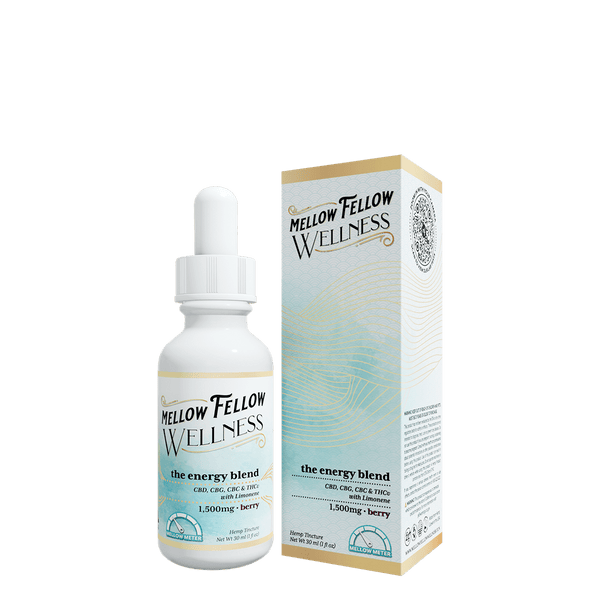
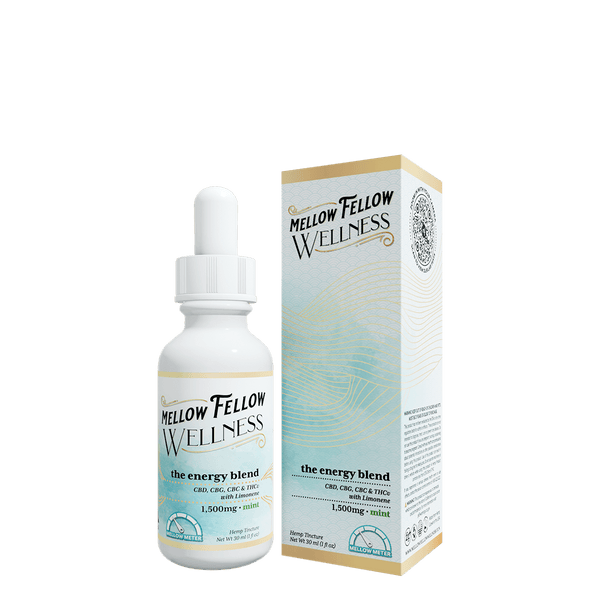
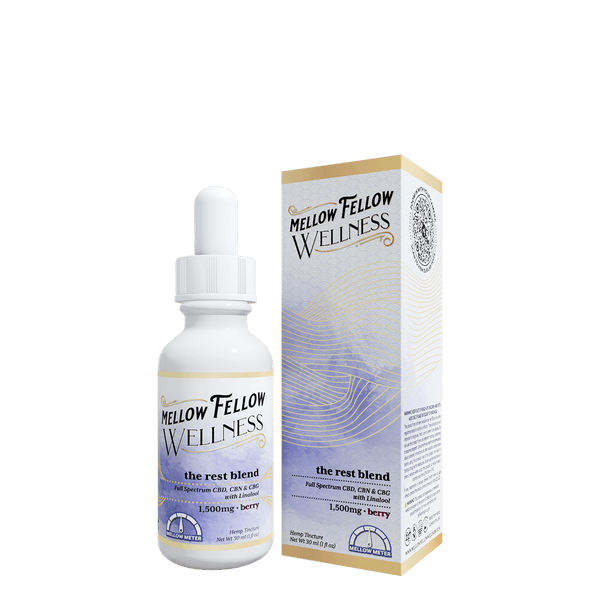
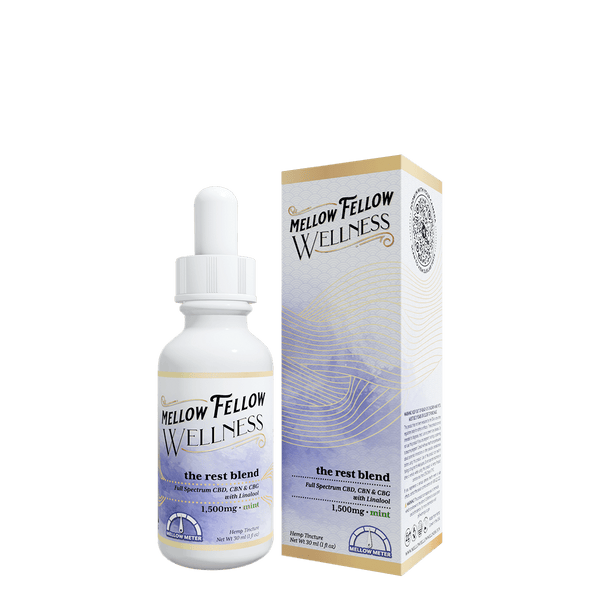
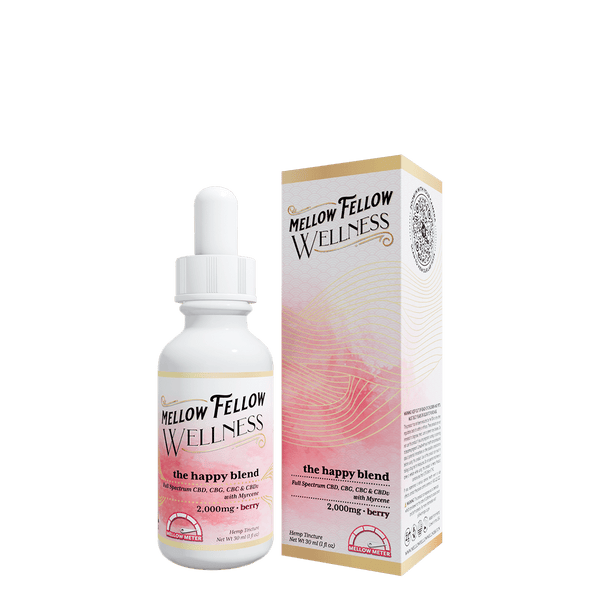
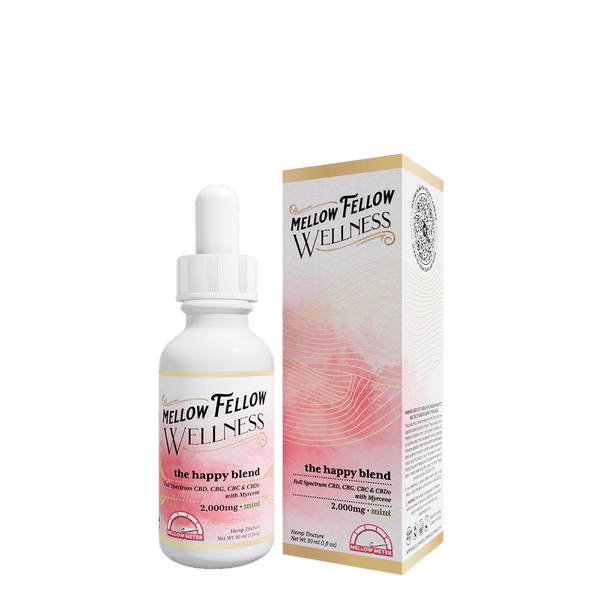










Leave a comment